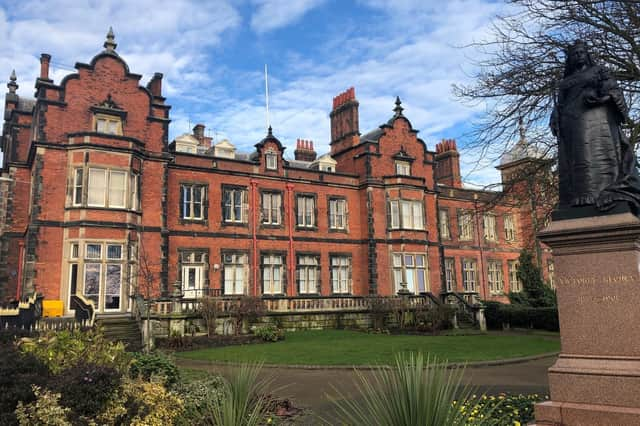Scarborough Council applies for funding to decarbonise community buildings


A council plan to help decarbonise 10 community buildings through the introduction of solar panels, improved insulation, and better heating is progressing, according to council officials.
The community buildings which are located across the borough include five village halls as well as scout huts, community libraries, and community theatres.
Advertisement
Hide AdAdvertisement
Hide AdScarborough Council’s cabinet member for the environment, Cllr Michelle Donohue-Moncrieff called for a broader conversation and more cooperation between different organisations when it comes to decarbonisation work.
So far the council has only been able to provide funding to assess the cost and required work to decarbonise the community buildings, as well as providing information on how much decarbonisation would save on energy bills and carbon emissions.
However, the council is hoping to get funding from the Government’s Shared Prosperity Fund to enact the plans, after the cabinet approved the creation of a funding application at its meeting on October 18.
Speaking to the Local Democracy Reporting Service, Cllr Donohue-Moncrieff said: “Part of the work we’re doing is scoping out and actually saying these are the steps that it would take for these types of buildings to be brought up to that level.
Advertisement
Hide AdAdvertisement
Hide Ad“It is not quick and it is not easy, and you have to be realistic.”
Scarborough Council’s climate change and carbon reduction officer, Harry Baross, said that overall the council was also taking steps to reduce its carbon footprint, although this had been impacted by the authority’s takeover of Scarborough Spa which he described as a “huge energy guzzler”.
Mr Baross added that the council was pleased with its recent funding application for the creation of 48 electric vehicle charging points across the borough as well as its work to transform the council’s refuse collection vehicles to run on hydrotreated vegetable oil (HVO).
He said: “We did a review about four months in and we had used 108,000 litres of HVO in the first roughly four months.
“That was £45,000 of additional cost compared to what it would be just buying the equivalent diesel, but that saved 268 tons of carbon dioxide equivalent.”